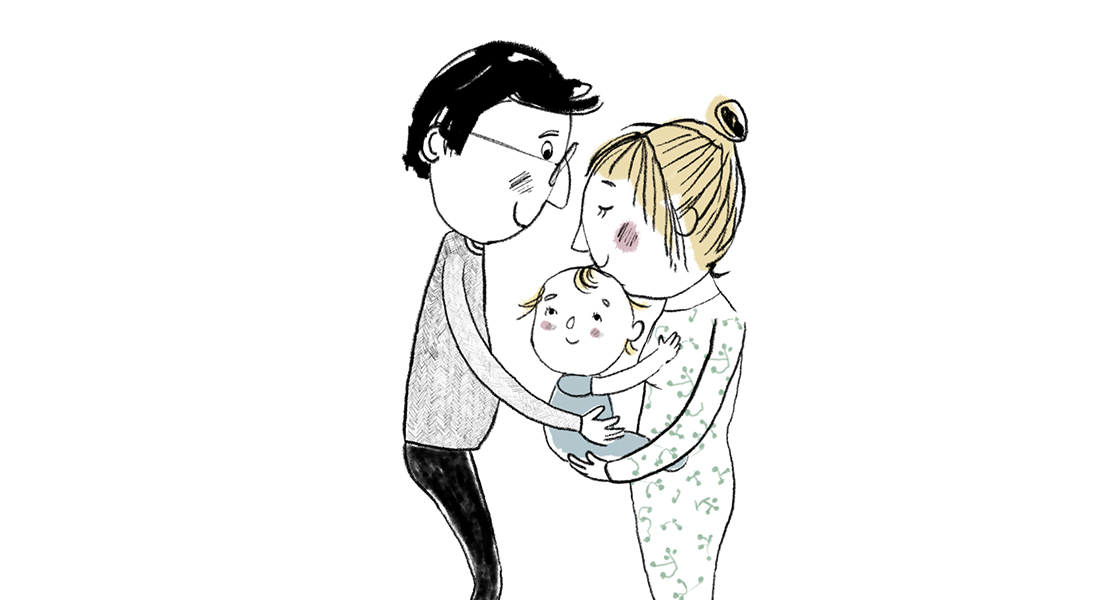Development of parental mentalization in first-time parents in the first year of parenthood

Research show, that the ability to mentalize is central for parental sensitivity and is related to child attachment and socioemotional development. Therefore, it is important to examine parental mentalization and the development of the ability to be able to identify the most optimal time points for intervention. Currently, there are no studies of how parental mentalization develops in first-time parents in the first year of parenthood.
Aim
To examine 1) the profiles and development of parental mentalization in first-time mothers and fathers in the first year of parenthood, 2) whether parental attachment styles in different relationship domains predict parental mentalization, and 3), how parental mentalization in the first year of parenthood is related to child socioemotional development of their child.
Method
The project is a subproject embedded in the larger project, Understanding Your Baby, and includes longitudinal survey-data from first-time parents from 26 different municipalities in Denmark. Parental mentalization is measured in two ways using the Parental Reflective Functioning Questionnaire (PRFQ) and by coding representational Mind-Mindedness (MM) on parent’s written descriptions of their child. Parental attachment styles across relationship domains are measured with the Experiences in Close Relationships-Relationship Structures questionnaire (ECR-RS). Child socioemotional development are measured with the Ages and Stages Questionnaires: Social Emotional (ASQ:SE). Data for the study was collected in 2019 and 2020.
Contribution
The results of the study will contribute with insights on how parental mentalization develops in a Danish community sample of first-time parents, similarities and differences in parental mentalization in mothers and fathers, and how parental mentalization relates to important other factors such as parental attachment styles across relationships (to mother, father, and partner) and child socioemotional development. The insights from this study might reveal different profiles of parental mentalization and indicate the most optimal time point to intervene in new families to strengthen the parent’s ability to mentalize and the child development. In addition, the results contribute with knowledge on the role of parental attachment on the development of parental mentalization in first-time parents, and might indicate specific subgroups of parent in special need of intervention targeted at strengthening parental mentalization.
About the project
Project period: 1 January 2020 - 16 April 2024.
PhD student: Eva Back Madsen, cand.psych.
Supervisors: Mette Skovgaard Væver og Ida Egmose Pedersen.
